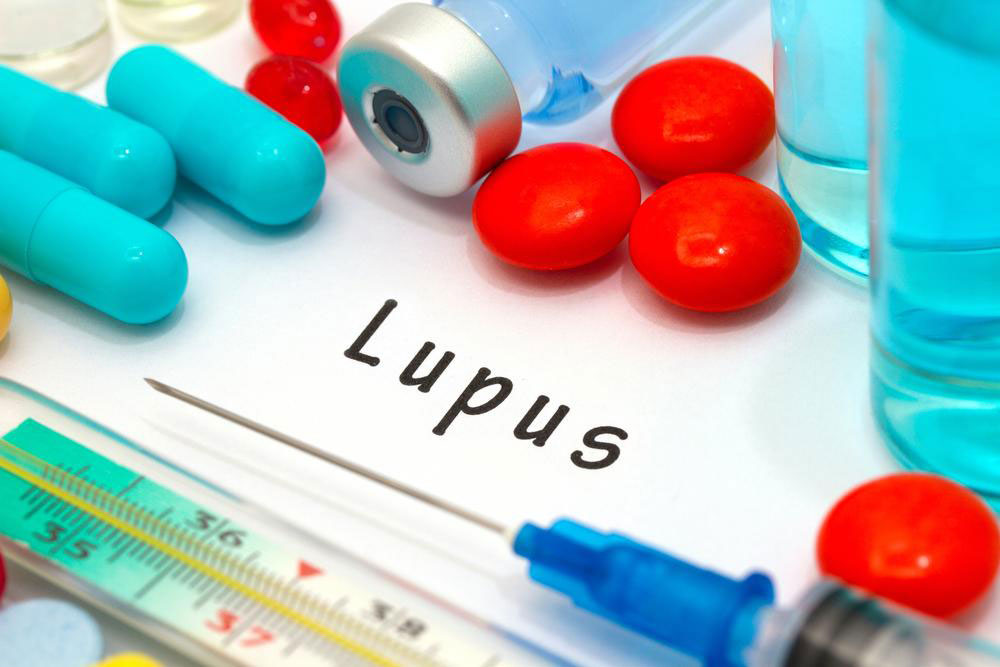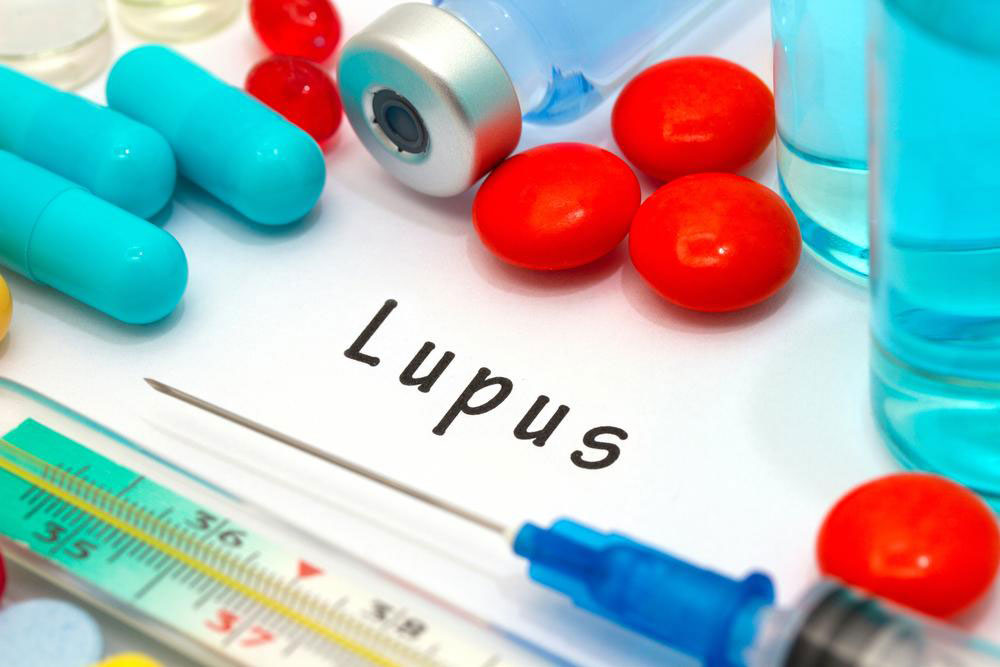Health Conditions Associated with Lupus
Lupus can affect multiple organs, leading to symptoms such as joint pain, digestive issues, thyroid problems, and serious cardiovascular risks. Early detection and medical consultation are crucial for managing these conditions effectively. The article highlights common symptoms and associated health concerns, emphasizing the importance of professional care for lupus patients to prevent severe complications like blood clots, strokes, and organ damage.

Health Conditions Linked to Lupus
The symptoms caused by lupus vary depending on which organs are affected. The small joints of the hands are frequently impacted, presenting with pain, swelling, and morning stiffness, which may initially be overlooked. These symptoms tend to flare and then improve. If over-the-counter medications don't provide relief, consulting a healthcare professional is essential to rule out conditions like arthritis. The digestive system can also be involved, leading to issues such as acid reflux or heartburn.
Managing symptoms may involve antihistamines, smaller meals, and avoiding immediate rest after eating. Persistent gastric symptoms warrant medical evaluation to exclude other conditions. Lupus can target vital organs like the liver and pancreas, and cause protein leakage from the intestines, resulting in deficiencies and diarrhea—known as protein-losing enteropathy. Common issues include dry mouth, eyes, and vaginal dryness, often due to Sjögren’s syndrome, an autoimmune disorder that affects gland function.
Lupus patients are also prone to autoimmune thyroid disorders, disrupting metabolism. An underactive thyroid (hypothyroidism) causes sluggishness and weight gain, whereas an overactive thyroid (hyperthyroidism) leads to increased energy, weight loss, and sweating. The diverse symptoms depend on which organs are affected. Young lupus patients face higher risks of cardiovascular problems, including heart attacks and artery inflammation (pericarditis). Additionally, lupus can increase antiphospholipid antibody syndrome (APS) risk, which raises chances of miscarriages and blood clots—with potential for strokes, heart attacks, or gangrene leading to limb amputation.
Note:
The information shared here covers various health issues related to lupus, based on research and clinical data. While useful for understanding the condition, it should not replace professional medical advice. Readers are encouraged to consult healthcare providers for diagnosis and treatment options. The website cannot be responsible for inaccuracies or separate offerings apart from this content.










